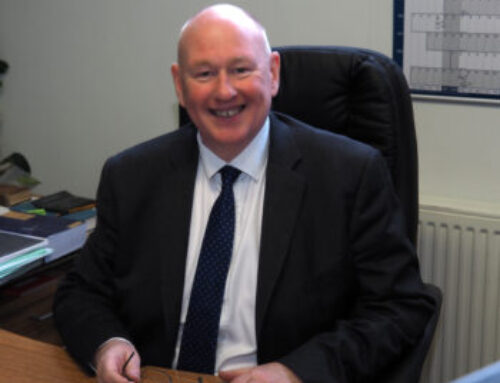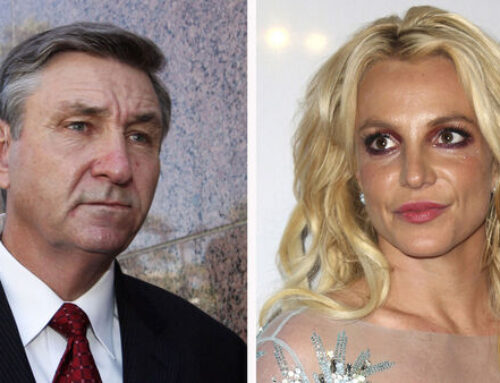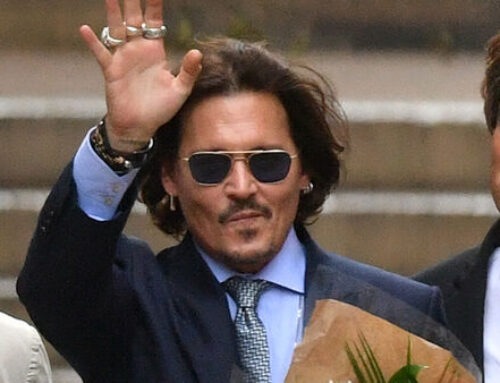
They never expected him to survive the accident. They knew the effort it took that afternoon for Forrest to sing each note — just audible, even with a microphone — as his music therapist played keyboard next to him. His brother steadied Forrest with a hand to his back; with so much of his skull missing, a fall could be deadly.
Forrest stopped in the middle of “Lean on Me.” He grinned at the graduation-party guests gathered on the lawn of his family’s home in Virginia horse country. “You guys aren’t singing!” he teased. They laughed, and raised their voices along with his.
Forrest is 21. He was supposed to graduate from high school three years ago. Then he caught an edge snowboarding and fell, hard. For two years Forrest couldn’t say a word.
When he was finally able to type, he tapped out a message to his childhood music teacher: “Mr. Sweitzer, please help me get my voice back.”
Music therapist Tom Sweitzer and Forrest Stone Allen rehearse their songs at A Place to Be in Middleburg. (Nikki Kahn/The Washington Post)
Life changes in an instant for millions of people each year who, like Forrest, suffer traumatic brain injuries. Such injuries — whether from an IED in Afghanistan, a tackle on the football field, a fall off a ladder or a car accident — kill and disable more young people in the United States than anything else. More than 5 million people are trying to recover from them, at a staggering emotional and financial cost.
Read how Snowboarding #accident robs man of his voice. Music helps bring it back via Snowboarding accident robs a Virginia man of his voice. Music helps bring it back. – The Washington Post.






